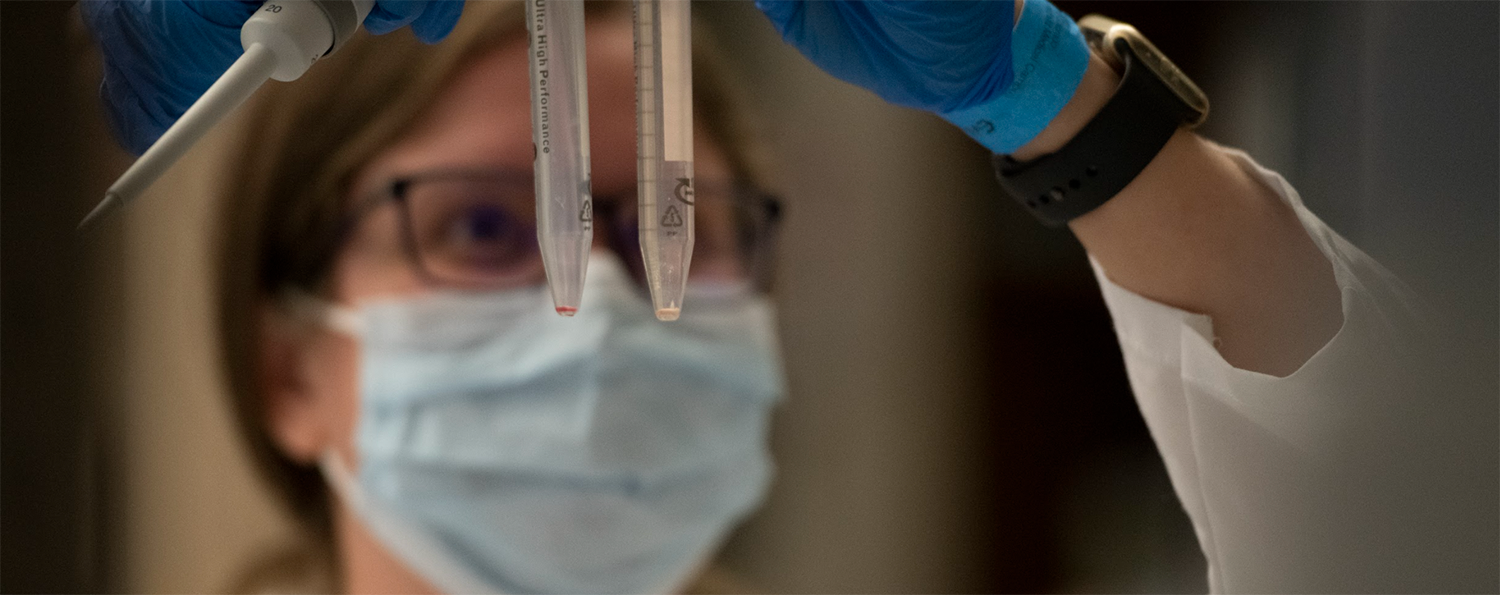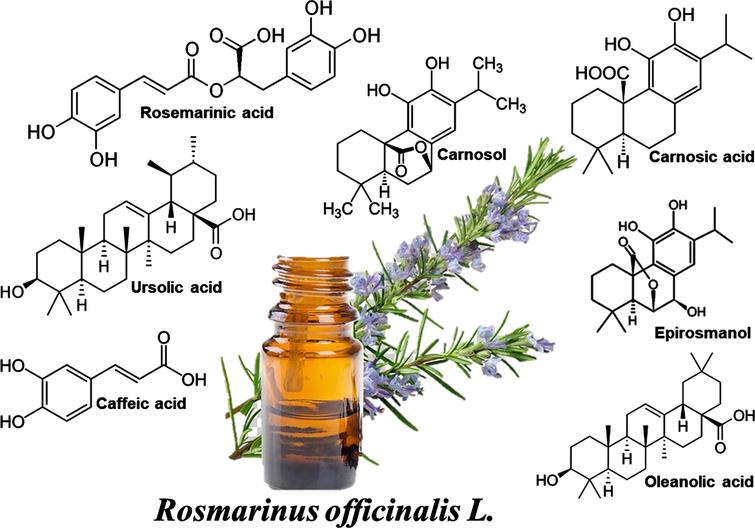
New research reveals Neem-based drugs may help fight future coronavirus variants. Extract from the bark of the Neem tree may help treat and reduce the spread of coronavirus, according to a new study led by scientists at the University of Colorado Anschutz Medical Campus and the Indian Institute of Science Education and Research Kolkata.
The study, reported recently in the journal Virology, shows that components of Neem bark may target a wide range of viral proteins, suggesting its potential as an antiviral agent against emerging variants of coronaviruses (including SARS-CoV-2).
The Neem tree, indigenous to India, has been used for thousands of years for its anti-parasitic, anti-bacterial and antiviral properties...
Read More








Recent Comments